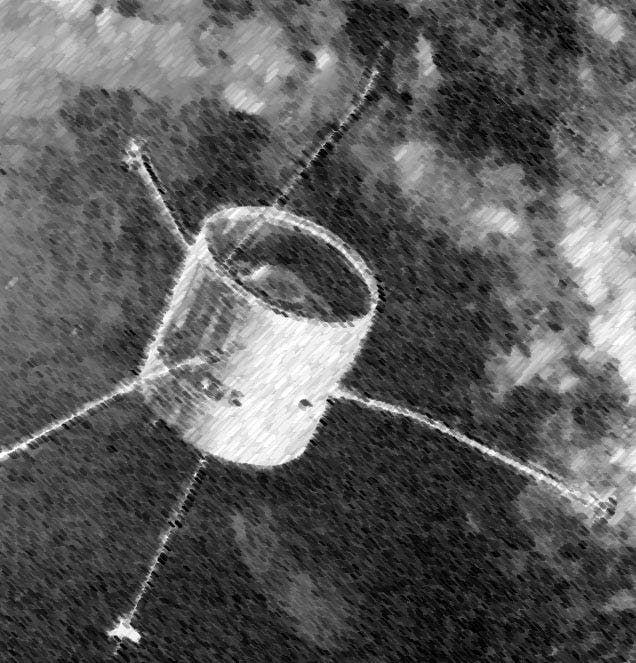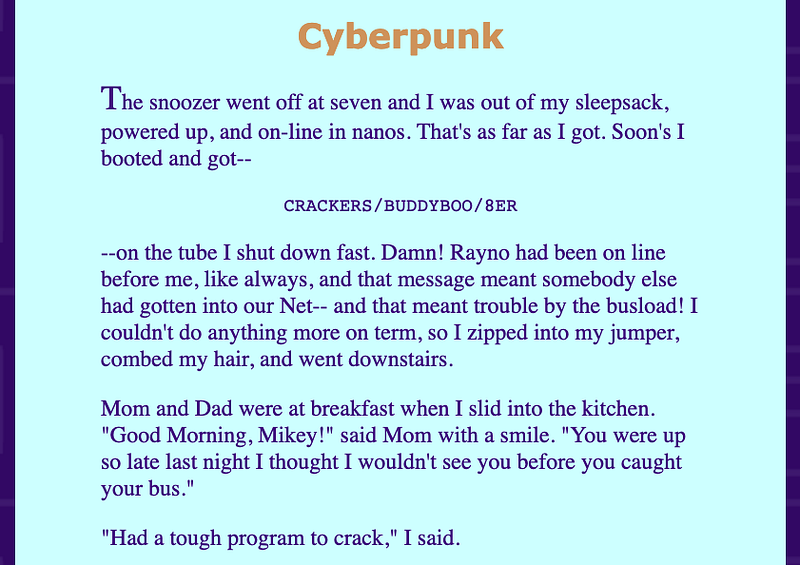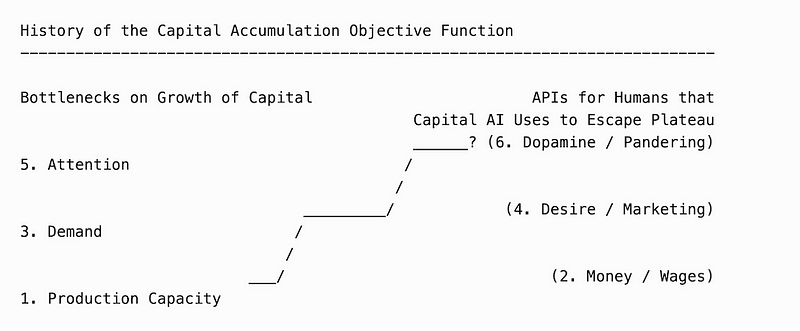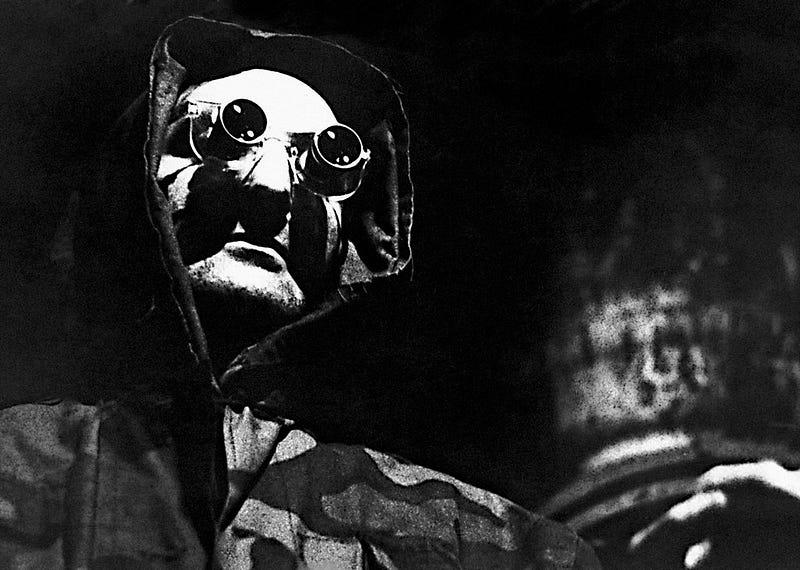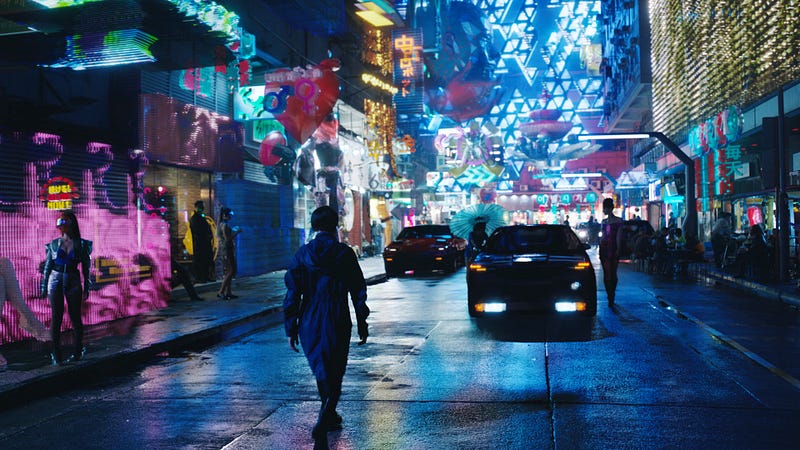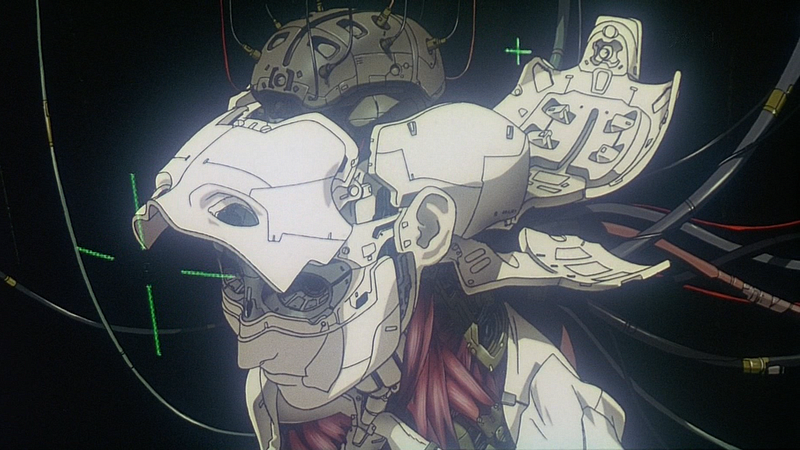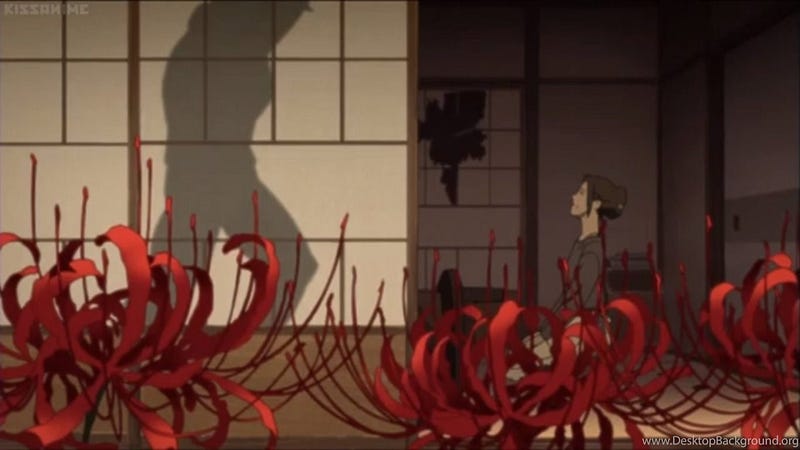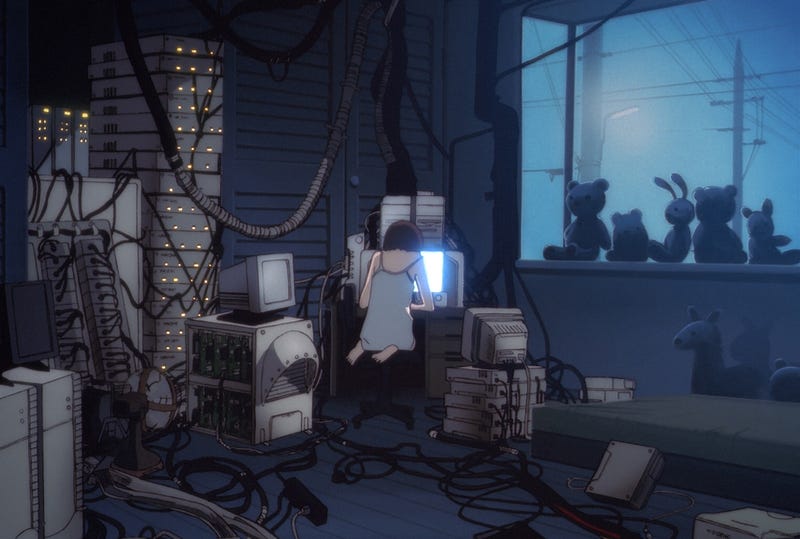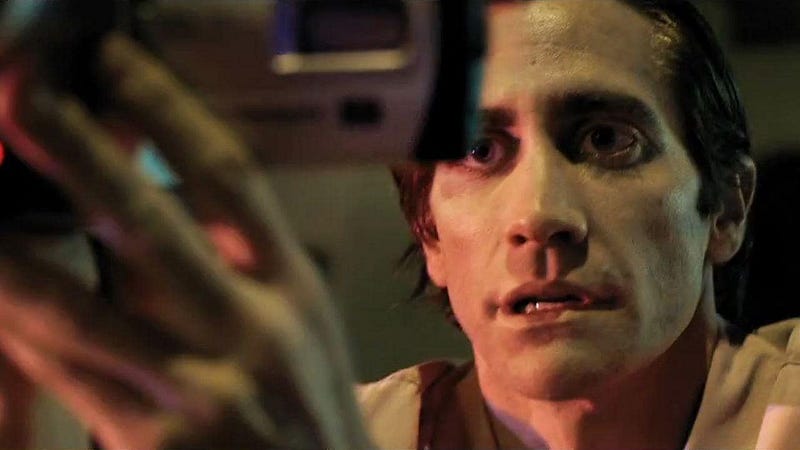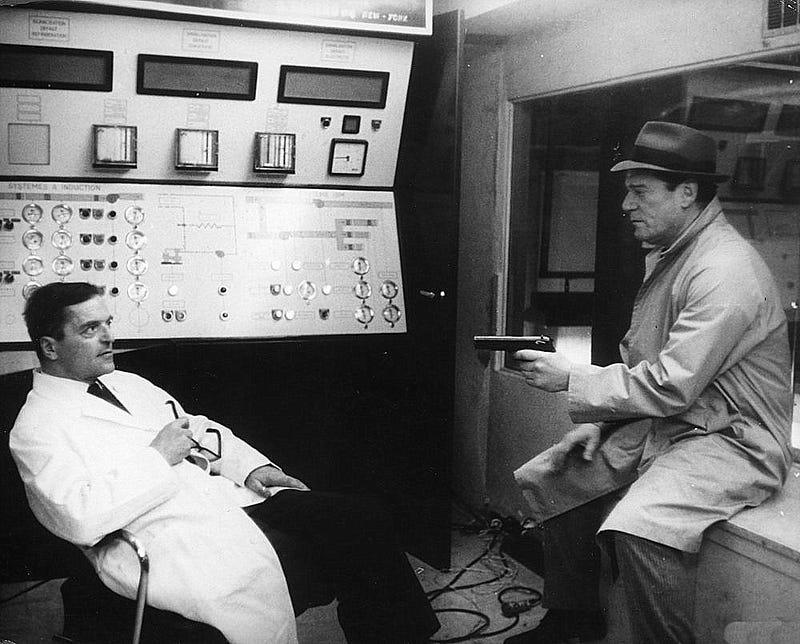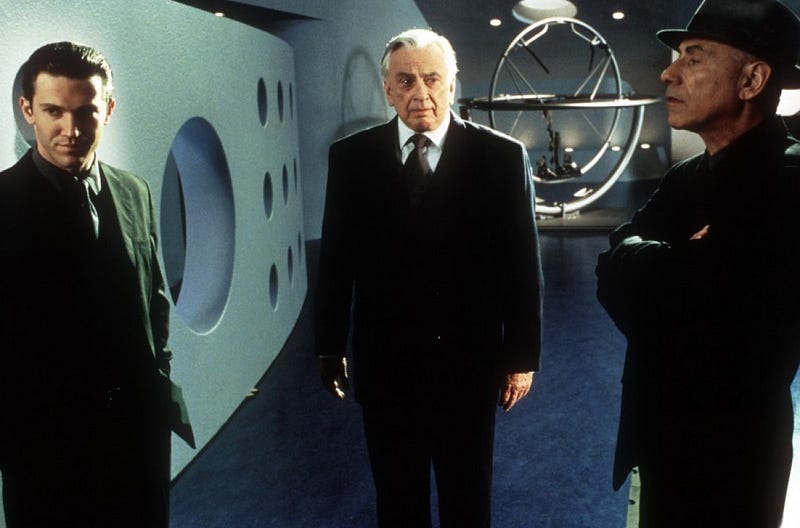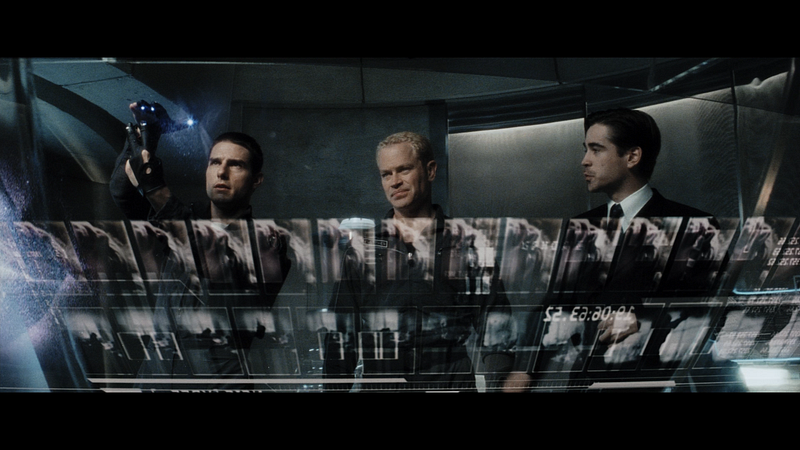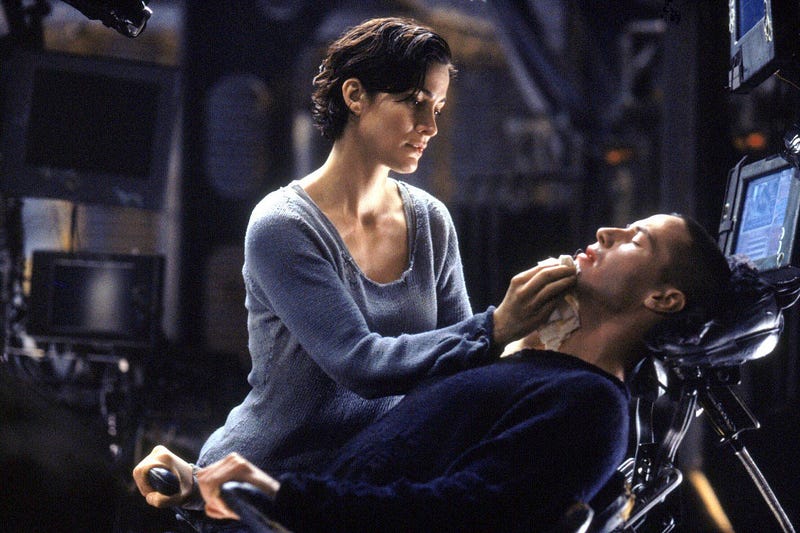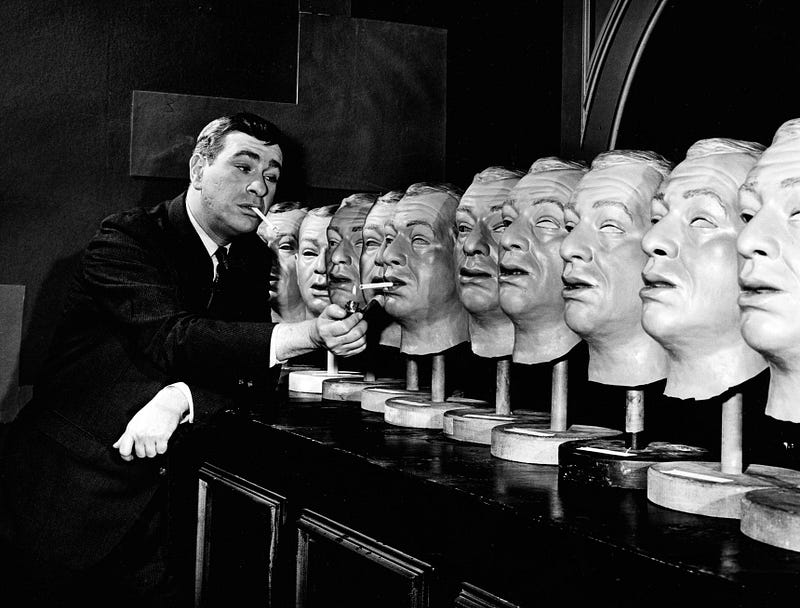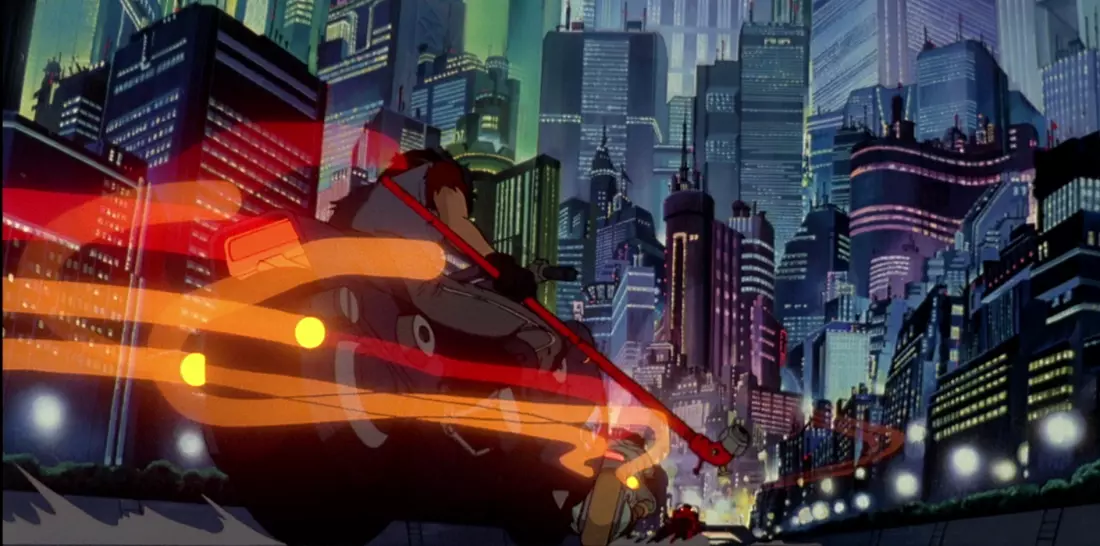
This week’s film club pick, Akira, will probably begin a kick of cyberpunk films at least as long as our foray into film noir.
Almost any time I watch a great cyberpunk film, I find myself jonesing for more to watch in the genre, thinking it is maybe deeper than it is. Searches for lists of the “best cyberpunk” typically turn up only a few titles, most of which I’ve already been through.
I thought I’d share a longer list of my favorites in the genre (i) because they are great and you should check them out, (ii) because the themes are timely (see Deepfakes, Better Language Models, Something is wrong on the internet, There’s No Such Thing as a Free Watch, History of the Capital AI & Market Failures in the Attention Economy), and (iii) in hopes that sharing this list results in people emailing me ‘missing’ titles that are new to me and great.
The rough weight of this list is to bump towards the top things that I particularly like / things I think you might be less familiar with / things which might not be classically labored ‘cyberpunk’ but which are thematically related.
The Act of Killing (2012). Very surreal, very disturbing:
17776 (2017). An amazing web-native, multi-media story (very much my style of publishing) from Jon Bois at SBNation, perhaps one of my favorite things I have come across in the internet in years:
EPIC 2014 (2004). Another web-native story from Robin Sloan, Matt Thompson, and Aaron McLeran. Eerie to see how much of this rings true in 2019..
Cyberpunk (1980). The short story (not my favorite, fwiw) by Bruce Bethke that gave its name to the genre.
Marx (1844), imo the real godfather of cyberpunk, who saw it all coming (as I argued in History of the Capital AI & Market Failures in the Attention Economy):
La Jetee (1962). I was completely obsessed when I first saw this short film by Chris Marker a few years ago and probably watched it 4 times in one week. You prolly won’t see this on any other cyberpunk list, but I think it’s very fitting (it was the inspiration for 12 Monkeys):
Blade Runner (1982). One of my all time favorite movies, Blade Runner has it all — the story is great and the film is still gorgeous (tho there are a handful of cheesy lines towards the end), over 30 years later:
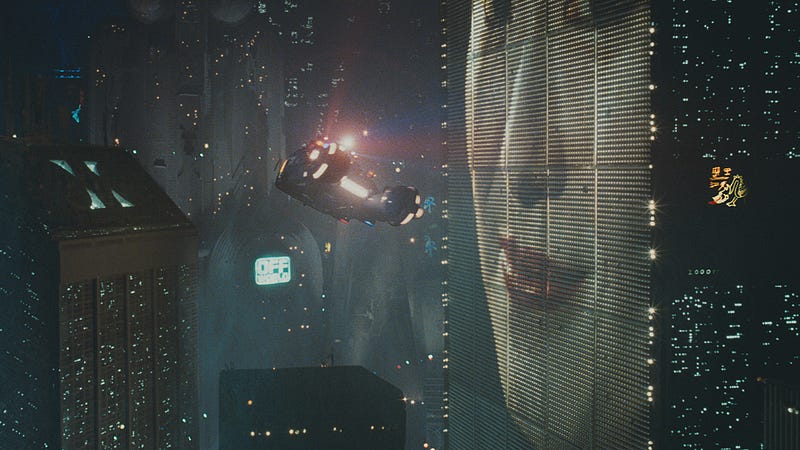
Blade Runner 2049 (2017). I was so afraid this sequel was going to suck, but it was excellent. It did paid proper homage to the original, but brought new / fun ideas of its own:
Her (2013). Perhaps the most realistic / believable picture of the future I have seen:
I already mentioned Akira, one of my favorite cyberpunk films, in the introduction. Anime is pretty rich in cyberpunk — I think the genre lends itself to animation (or at least it really did before CG technology got good / common).
Ghost in the Shell (1995). Clearly an inspiration for The Matrix, but a little darker and weirder:
Paranoia Agent (2004). A mini-series from Satoshi Kon, one of my favorite directors, that I only just watched a few years ago. Watching this for the first time felt like watching the first season of True Detective or Twin Peaks — riveting:
Serial Experiments Lain (1998). Another relatively obscure mini series you may not have seen:
Paprika (2006). Another mesmerizing film from Satoshi Kon:
Perfect Blue (1997). One more from Satoshi Kon. Incredibly prescient, given it was made in 1997:
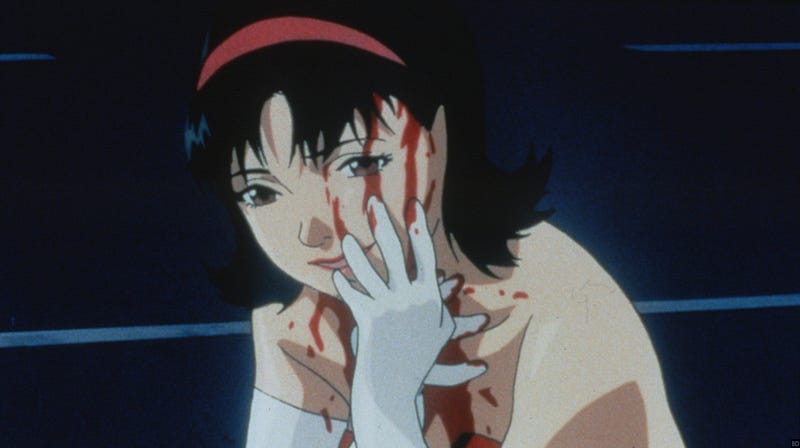
Nightcrawler (2014). When I heard the name, I thought it was going to be an xman movie — it’s not, it’s so much better. Not one you’ll typically see classified as ‘cyberpunk,’ but I think it fits:
Alphaville (1965). Old school sci-fi + noir from Jean Luc Godard. Predates the moniker ‘cyberpunk’ but totally is:
Gattaca (1997). CRISPR anyone?
Minority Report (2002). Speaking of ‘surveillance capitalism’ …
The Matrix (1999). Still amazing in my book (and a very approachable exploration of important epistemological questions in popular film):
The Twilight Zone (1948–1964). I used to love watching this show as a kid. I always think when someone recommends Black Mirror to me that it sounds like a modern, bad version of Twilight Zone (and I hope the classic show is as good as I remember it):
Finally, I would be remiss if I did not include a few cyberpunk books. I personally think a lot of the movies are better, but here are some of the novels I like:
Brave New World (1932). This _soma* drug sounds familiar, but Huxley didn’t anticipate it would be administered via mobile computing devices..
1984 (1949). I think _Brave New World* rings a bit more true to the opt-in slavery of the 21st century, but you can’t not mention 1984 on a list like this.
Nexus (2012). Of all the modern cyberpunk I’ve read, this may be my favorite. Also, Ramez Naam is definitely worth following.
Player Piano (1980). Very good read on automation and labor politics, from Kurt Vonnegut.
The Diamond Age (2000). I really don’t care for Neal Stephenson’s prose at all — he is one of those sci-fi writers who has a lot of really amazing ideas and thought experiments, but boy are his books tough to get through. Snow Crash and Cryptonomicon are his other 2 famous books. If you are really looking for some classics, maybe try out of one of them, but I think they are pretty polarizing.
Neuromancer (1986). Gibson is the other classic cyberpunk novelist of the 80s. This is the only one of his I have read. It’s decent.
For even more, I found this quite comprehensive list on IMDB (with lots I have not yet seen): Best Cyberpunk Movies — IMDb.
I include some notes on these last few about what I don’t like as a way to hopefully filter for better recommendations. What’s not on this list that should be? I’m in the mood for some cyberpunk — send it my way: andrew.kortina@gmail.com
ps. I realize I haven’t written anything explaining the title, but the title is a pretty concise summary of the thesis anyway…
pps. If you’re into this stuff, you may enjoy this recent essay: History of the Capital AI & Market Failures in the Attention Economy.

